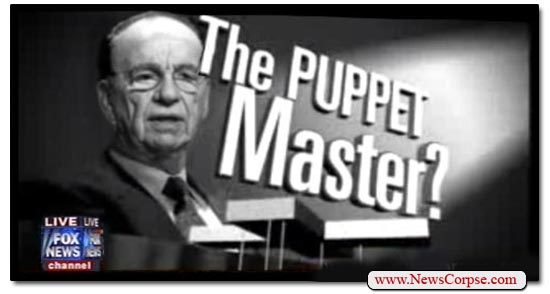Anyone who followed the 2012 presidential primaries for the Republican Party were treated to a circus extravaganza that featured a parade of clown-like characters humiliating themselves and their party. It included Herman Cain, Michelle Bachmann, Ron Paul, Rick Perry, and Newt Gingrich. And always on the sidelines were were Sarah Palin and Donald Trump pretending that they were just about to jump in.

It’s no wonder that the Republican National Committee is so determined to prevent a repeat of that embarrassment. There were nearly two dozens debates leading up to the Republican convention in August of 2012. That was an enormous about of time for the candidates to make asses of themselves, and they used that time to good advantage.
So the RNC chairman Reince Priebus has just announced their schedule of sanctioned debates for the 2016 campaign season. There are only nine firm dates with another three penciled in as pending. That’s smart on their part because, as they learned last go around, the more people saw of their candidates, the less they liked them. And by forcing them to actually articulate their positions on issues, it made it harder for their ultimate nominee, Mitt Romney, to waver vaguely in the winds of “Etch-a-Sketchy” opportunism. But has the RNC gone too far by dictating this mandate:
“To give their push to control the debate process teeth, any candidate who participates in a non-sanctioned debate will not be allowed to participate in any more sanctioned debates.”
That is an awfully strict decree that borders on totalitarian control of what is supposed to be a democratic process. In the past, debates were sponsored by media organizations and political groups with an interest in educating the public. For instance, The League of Women Voters was a frequent sponsor of non-partisan candidate forums. And the participation of the media insured that the candidates would have access to voters.
The notion that there will be only officially sanctioned debates means that they are more likely to be propaganda affairs than contests of ideas and abilities. That outcome is even more likely since the RNC is retaining control over who the debate moderators will be, and they have signaled that they will all be GOP-friendly. So no tough questions, no adversarial jousting. And that is by design of the RNC debate architects. They have previously said that they don’t want their candidates tearing each other down during the primaries.
Consequently, whoever emerges from the Republican field (probably Bush) will not have been battle-tested for the general election. He will face his Democratic opponent unprepared for the sort of contentious discourse that is part and parcel of a national election. He will not have had an opportunity to sharpen responses to hostile questions or address his weaknesses. That’s good news for the Democrat (probably Clinton).
Another problem with limiting the debates to officially sanctioned affairs is that it’s difficult to force everyone to comply. There will be parties who will feel left out. Take for example, the Tea Party. It is hard to imagine that those notoriously antsy malcontents will be easily persuaded to sit back and let the party apparatchiks dictate who can speak and when and where.
Likewise, the media is under no obligation to refrain from offering their own candidate forums. Should they do so, the candidates would be hard-pressed not to participate and gain valuable airtime. Particularly the second tier candidates who have more trouble raising money. And if the second tier agrees to a network debate, the first tier are not going to want to let them have the stage to themselves to beat on them.
This would put the RNC in the position of having to enforce their stated punishment. Would the party actually ban viable candidates from participating in their sanctioned debates? That would anger both the candidates and their supporters. Plus, it would make them look small and unpresidential, like naughty children. That’s not a particularly flattering way to go into the convention or the general election.
In addition to the threats imposed by the RNC, they also announced that they will be partnering with Fox News for three of their sanctioned debates (two on Fox News, one on Fox Business), and another one in the pending status. CNN will get two debates, and each of the broadcast networks will get one. MSNBC was completely shut out by the good folks at the RNC. Let’s just hope that the DNC has the good sense to shut out Fox News.
The debate granted for Fox Business is unusual in that the network has no measurable audience. They do not permit Nielsen to publish their ratings, a decision generally taken when the ratings are embarrassingly low. Either the RNC feels guilty about including CNBC on their debate schedule, or they are just giving Fox a gift. Needless to say, Fox will be the favorite media outlet for the GOP for the duration of the campaign.


